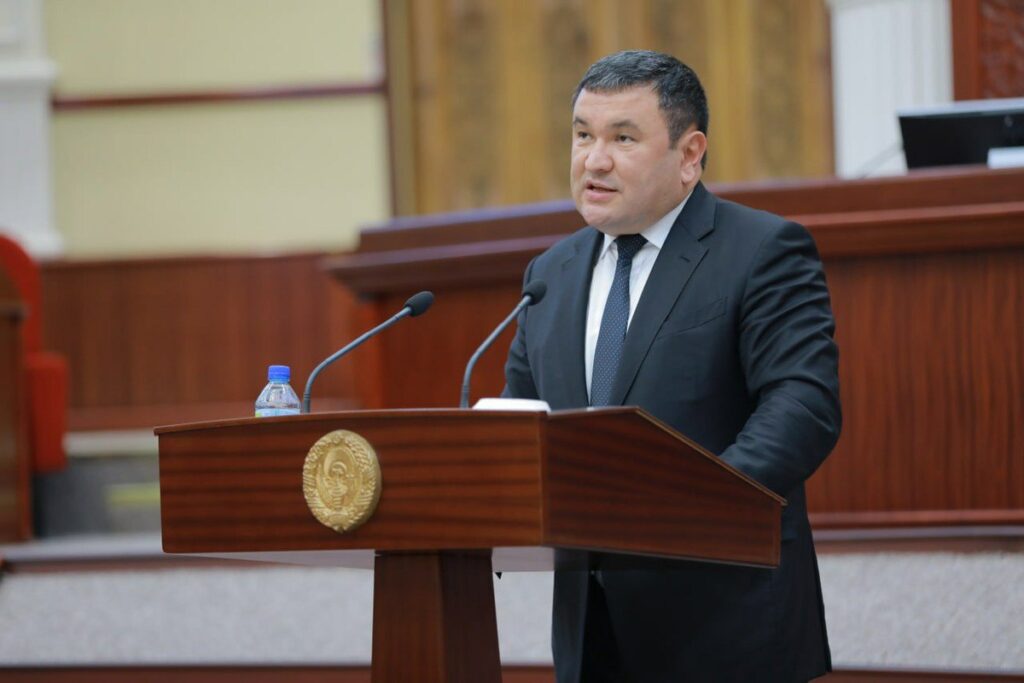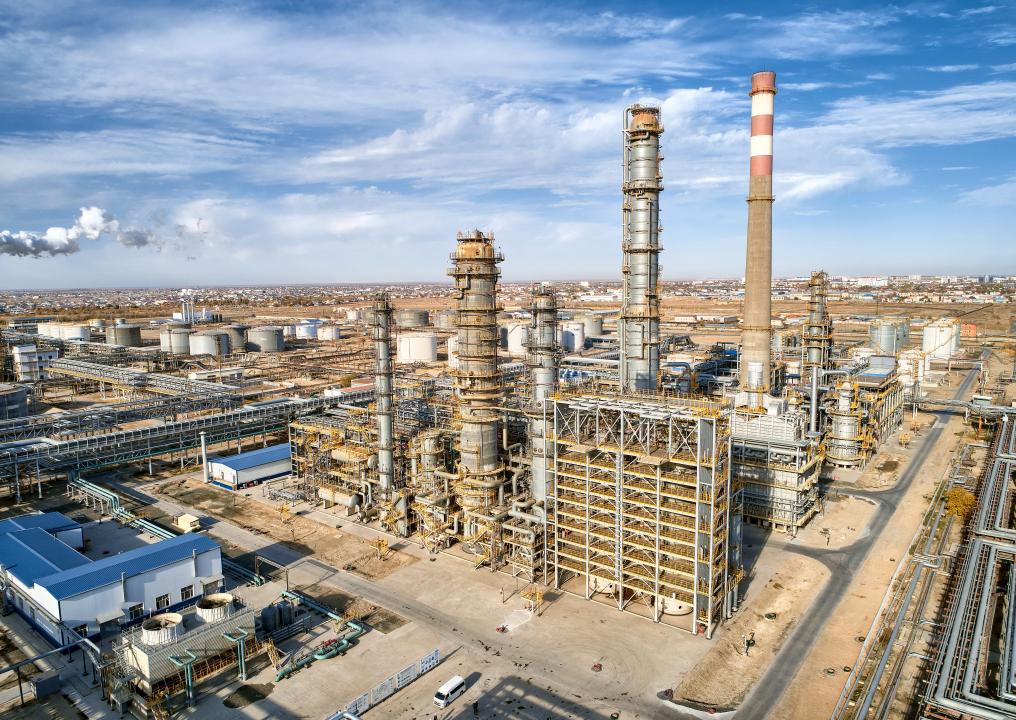ASTANA (TCA) — At the Extraordinary General Meeting on August 3, 75.7 percent of independent shareholders of Kazakhstan’s lucrative energy firm, KazMunaiGas Exploration Production (KMG EP), voted against selling their shares to the firm’s parent company, national oil and gas company KazMunaiGas (KMG), KMG EP said on August 3.
The proposed deal would in fact have consolidated the two companies.
KazMunaiGas is fully owned by the state and is involved in some capacity in most of Kazakhstan’s major energy projects. KMG currently owns 57 percent of KMG EP, but the subsidiary has been fairly autonomous since its foundation — a fact that has at times put the two at odds, Stratfor wrote in its report entitled “A Merger Could Ruin the Kazakh Energy Sector”.
“KMG has a reputation for being highly political, bullying its way into the three major international projects in the country: Kashagan, Tengiz and Karachaganak. It changed the country’s laws on energy, levied outlandish fines and amended contracts with international energy firms to ensure that it had a sizable stake in each of the three projects. Such behavior has kept many foreign firms from expanding cooperation with or investment in Kazakhstan. KMG EP, by contrast, is known for operating in line with standard international corporate governance practices, making it the preferred partner of foreign firms and investors,” the Stratfor report reads.
“With low oil prices weakening Kazakhstan’s financial position, KMG is looking to gain full control of KMG EP. It first proposed buying out the subsidiary’s minority shareholders in July 2014, but under political pressure from KMG EP’s board it retracted its offer in December 2015. Since then, however, KMG’s position has only worsened. Though it experienced a slight uptick in profits in 2015, it was wholly due to the government’s currency manipulations — in return for which it paid higher taxes. In actuality, KMG’s revenue is half of what it was in 2011, and it owes $17 billion over the next four years. The company already put off nearly all of its planned maintenance and upgrades in 2015 and 2016, and it has deferred large strategic investment projects beyond 2017. With its options exhausted, KMG is once again turning to KMG EP, which has made a decent recovery from the steep drop in oil prices, has minimal debt and currently holds $3.1 billion in cash.”
According to Stratfor, the deal would affect the entire Kazakh energy sector. “KMG EP has planned to use its cash stockpiles to drill hundreds of new wells over the next two years as its current fields age and decline. Now the company is delaying those projects, waiting to see if its finances are plundered and if the payments owed to it by KMG will be paid,” Stratfor wrote prior to KMG EP’s Extraordinary General Meeting on August 3. “But even if it gets these things, the company will be stretched by government requirements to cover shortfalls in workers’ salaries caused by currency instability and inflation. The firm’s Western board members have also threatened to resign if the state allows KMG a full buyout. If they do, investor and business sentiment toward the firm and the country will deteriorate.”









